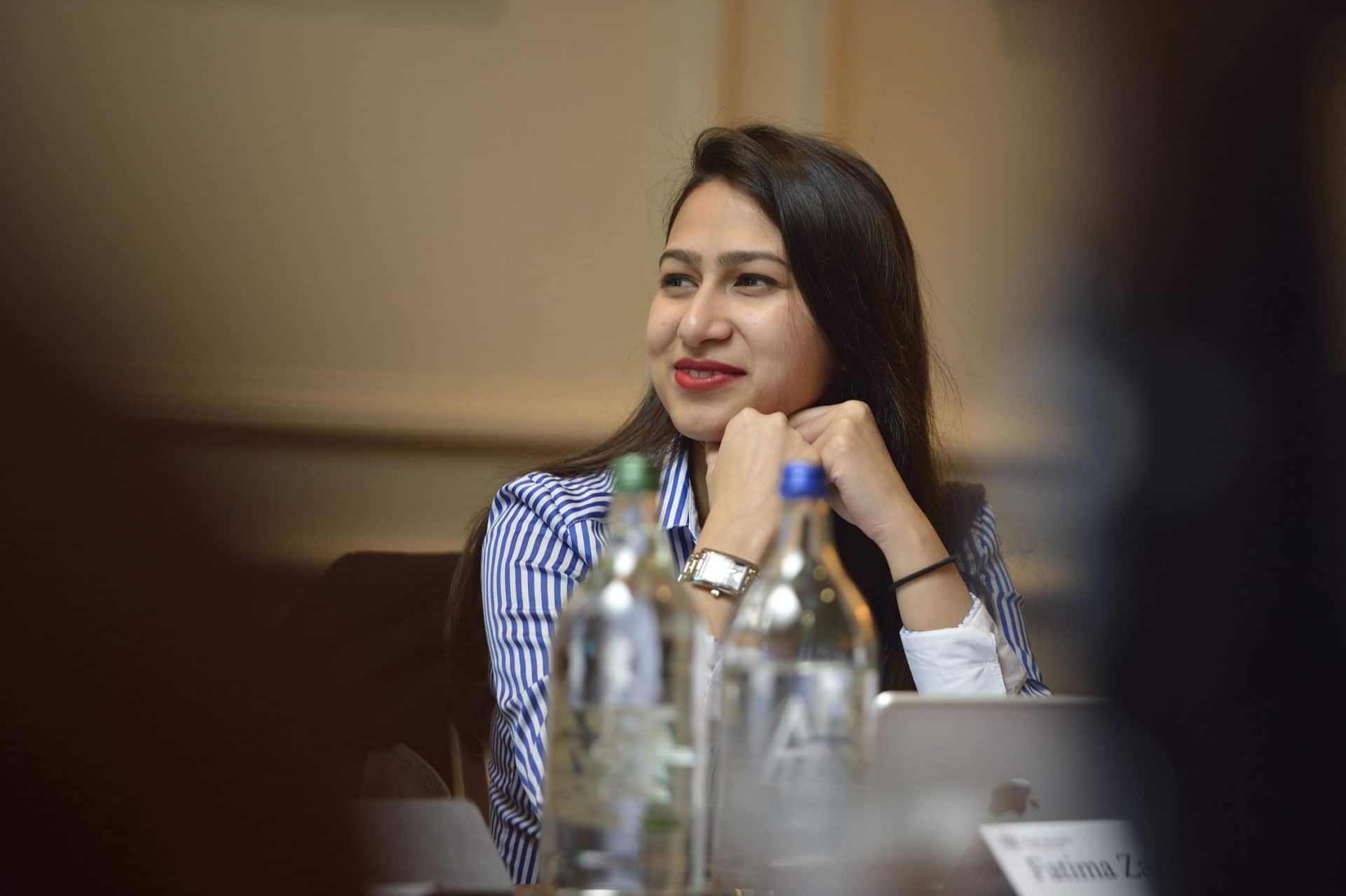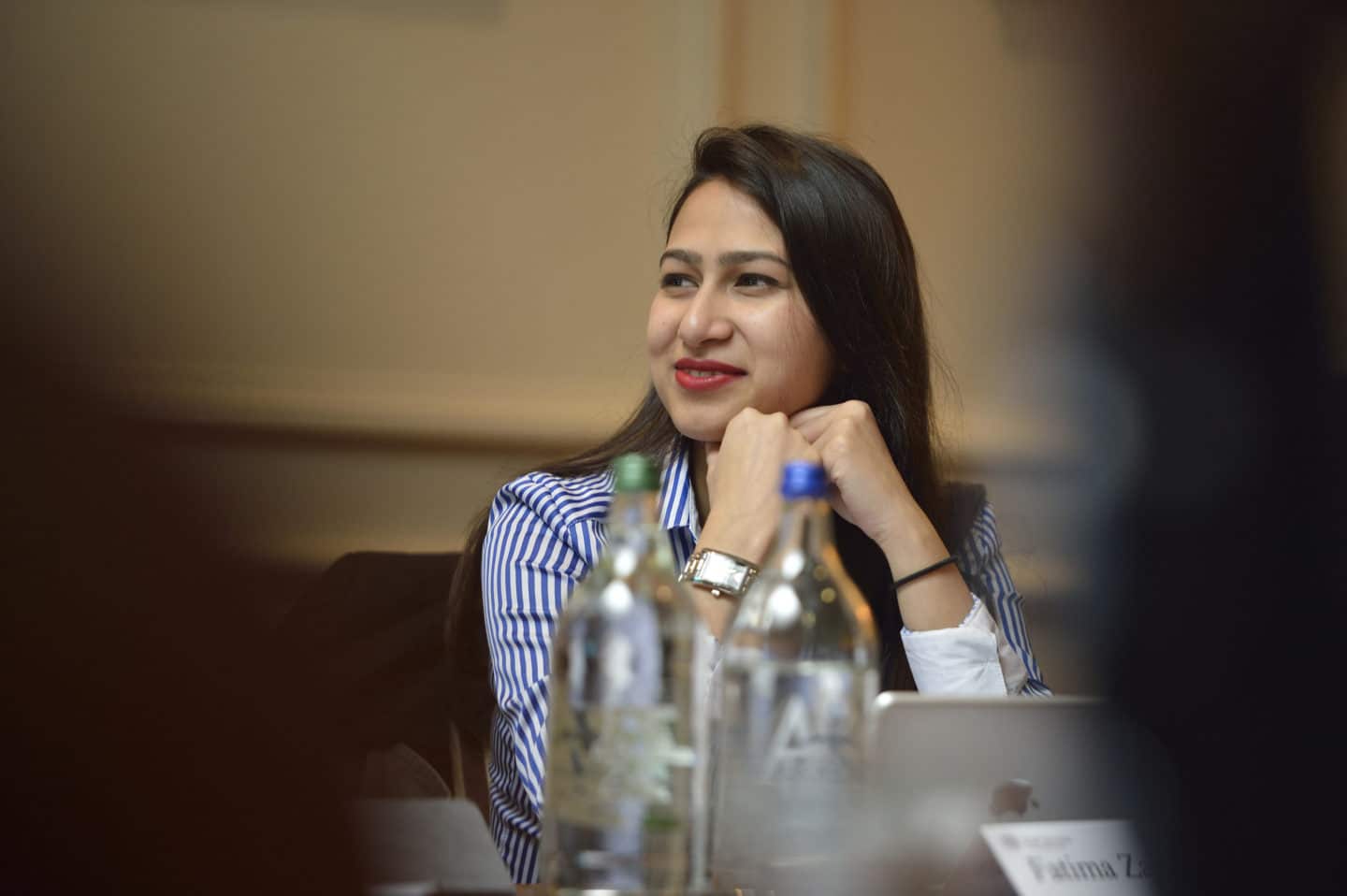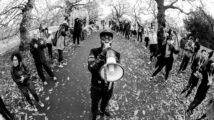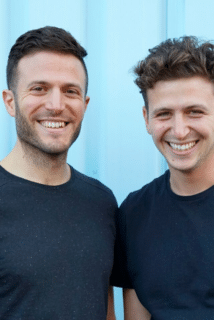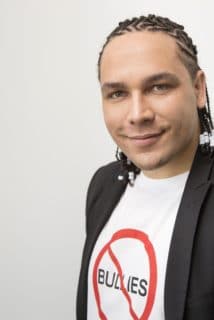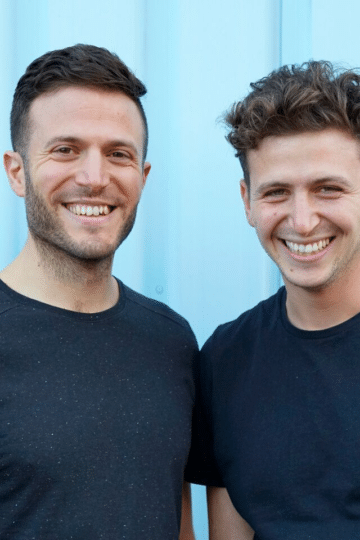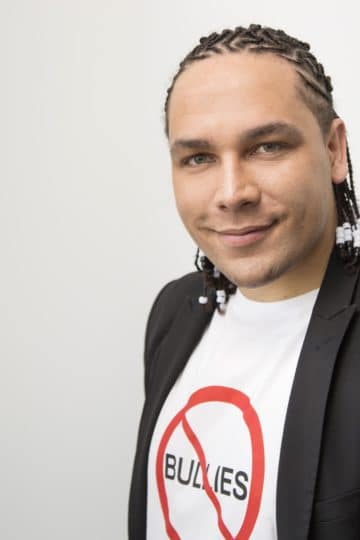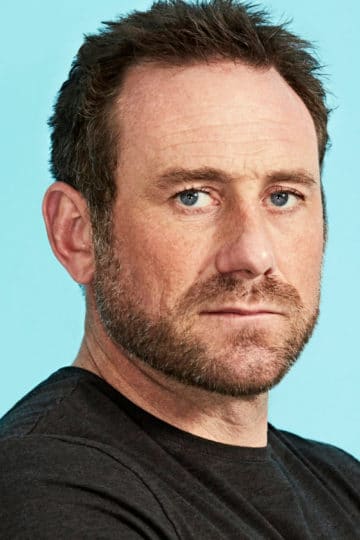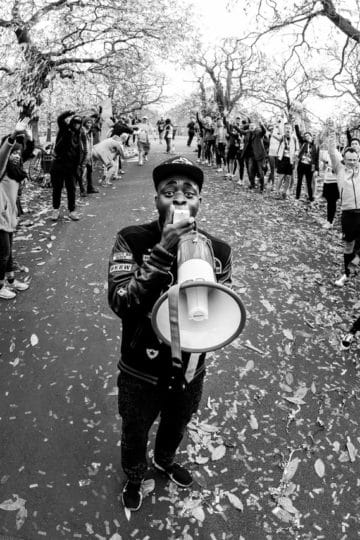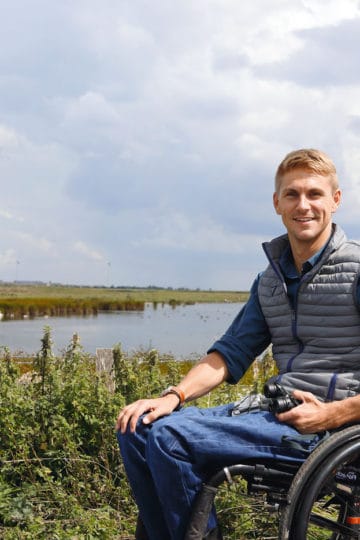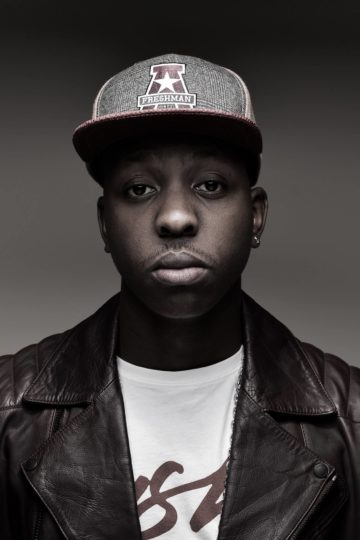The New Role Models: Fatima Zaman
Role Models
Meet the woman who turned a traumatic experience into a means to create global change for a new generation of counter extremists…
At the tender age of 13, Fatima Zaman witnessed London’s 2005 7/7 bombing – a moment that changed her life forever, and ultimately, led her to become who she is today; a proud advocate for counter extremism.
Zaman, a Muslim woman of British-Bengali descent, currently works at the Kofi Annan Foundation (an independent, not-for profit organization that works to promote better global governance) where she leads a programme called Extremely Together (ET). The campaign aims to prevent counter violent extremism in local communities both in the UK and globally, as well as inspiring and engaging the next generation of leaders. Working alongside nine other leaders who have all been hand picked by Annan himself, Zaman is dedicated to providing young people around the world with “trust where there are misgivings, and unity where there is division.”
Here, one of our new role models 2018 tells us about her trailblazing career, the fight against Islamophobia, and what it takes to be a changemaker…
How did you get involved with Extremely Together?
I was already working in this field at the local level here in the UK. But when I saw the call from Kofi Annan, seeking to globalise local level CVE efforts and bring together a group of other counter extremists like myself, I couldn’t resist. Today we are the leading body of young CVE experts all under the age of 30 (at our formation) working to bring unique and innovative solutions to such a complex social phenomenon. I decided to get involved, because I was tired of seeing extremist organisations spreading their propaganda and targeting vulnerable people in my own community.
What’s one thing you’re really proud to have achieved both with Extremely Together and personally?
One thing I’m super proud to have achieved is that in our first year of launching, Kofi Annan tasked me and my team to produce the world’s first Tooklit, by young people for young people, on how to counter violent extremism their community and we achieved this. The Toolkit was published in March 2017 and will guide Extremely Together’s work going forward. I hope that it will inspire and assist YOUTH to finding the right approach to counter violent extremism in their own community.
The second thing I’m most proud of on a personal note, is having launched the first ever CVE Roadshow – a workshop based roadshow using education as a tool to inoculate people who are at risk from or vulnerable to violent extremism. Since launching in the UK, I’ve been able to take the Roadshow global and reach communities in Europe, the Middle East and Africa. I’m looking forward to continuing this endeavour and reaching even more people.
In your opinion, what does it take to be a changemaker?
I think the idea of being a changemaker is really about two P’s; passion and people. One has to be passionate about their cause. Bringing about real change starts at the local level and for me that was about people in my local community!
How do you think Britain is doing in the fight against Islamophobia? Have you seen a significant change or is there still a long way to go?
Islamophobia is something that I experience almost every single day not only as a consequence of my work, but also as a result of my Muslim identity. But I like to think that as a community, Britain is one of the most diverse and multicultural places in the world. And while there is a pocket of society that seems to think xenophobic rhetoric is acceptable, the vast majority of Brits are tolerant and accepting people. That being said, across the world we are seeing a rise in populism and far right extremism, which is using tactics of division and othering to divide communities. This is why my Roadshows are so important, we discuss and debate important issues of identity and remind ourselves that our similarities are far greater than our differences.
Have you ever dealt with any discrimination as a woman and how did you overcome it?
I mentioned earlier that I have seen and experienced Islamophobia, at a very early age and in the direct aftermath of the London 7/7 bombings. But this has been compounded by the fact that I have also experienced sexism. Being a woman working in a male dominated field, has it own unique challenges. Far too often people ‘see’ me rather than ‘hear’ me. At first it was challenging and incredibly frustrating.
But I realised early on in my career that as a woman of British-Bengali Muslim heritage, there is no natural place at the decision making table of (some) men. So I decided to stop trying to become a part of that narrative and instead worked to carve out my own. I hope in doing so I am able to inspire other young women who have the talent, drive and determination to do just as well (if not better) than their male counterparts. And I hope I can also remind some men, that a woman at the table is not a threat, but rather a valuable resource!
Mistakes and failures can be valuable learning experiences. How did you first learn that you can’t do everything on your own and that you need to trust others?
My team at the Kofi Annan Foundation/ET are really supportive. As a collective we have recognised if we pool our collective knowledge and resources and have more impact in the fight against V.E. So I guess, I first learned this when I met Kofi Annan.
Your line of work must get emotionally challenging at times. How do you maintain your mental health?
Of course working in CVE brings its own consequences both personal and professional. You see and experience levels of violence that the average person just doesn’t. But it’s important to take stock of your resilience reservoir. I’m fortunate enough to work with nine other amazing activists as part of ET. We are more than colleagues, I see them as family. So in between all the CVE, we somehow manage to find time to have a laugh and do regular things like other people in their 20’s.
You’re one of our role models, but who has been a role model to you?
Firstly, thank you for seeing me as one of your role models, I’m incredibly honoured. I have to say my role models are the young women who I have helped through my work.
Finally, what are your plans for the future?
I have many plans, but right now my focus is on harnessing the power of young people in CVE and to leverage my platform and the one lended to me by Kofi Annan to empower others to do well by doing good.
Trending

Join The Book of Man
Sign up to our daily newsletters to join the frontline of the revolution in masculinity.




